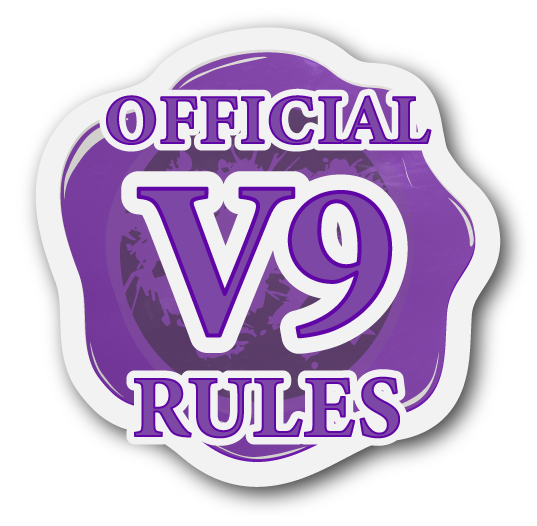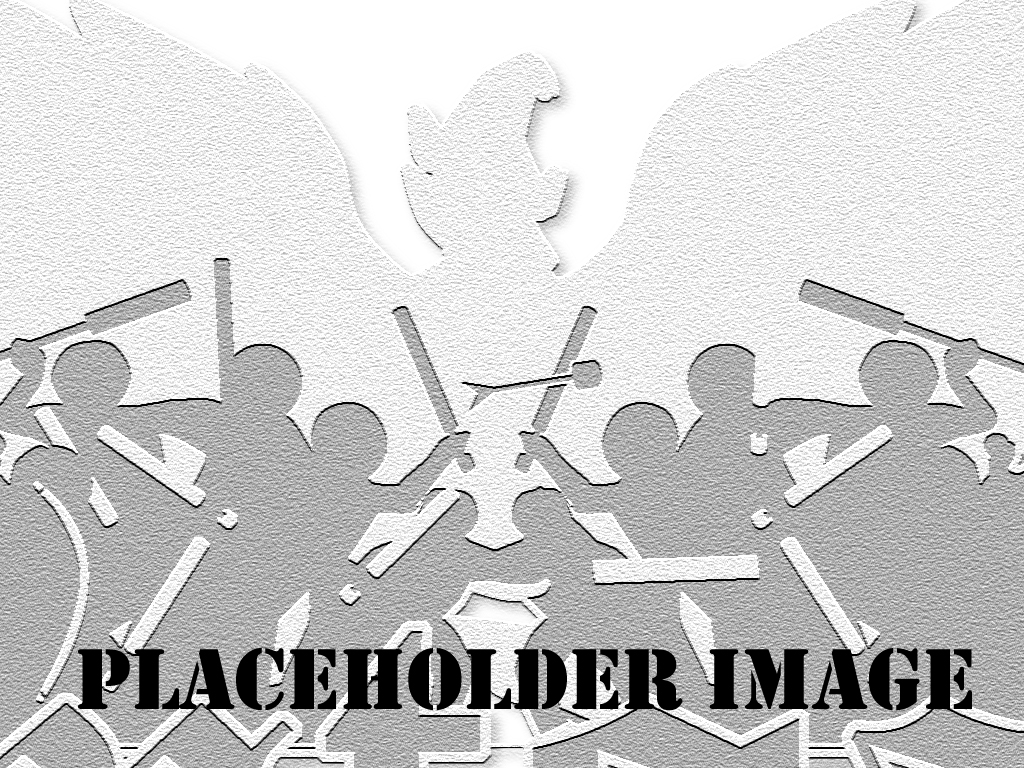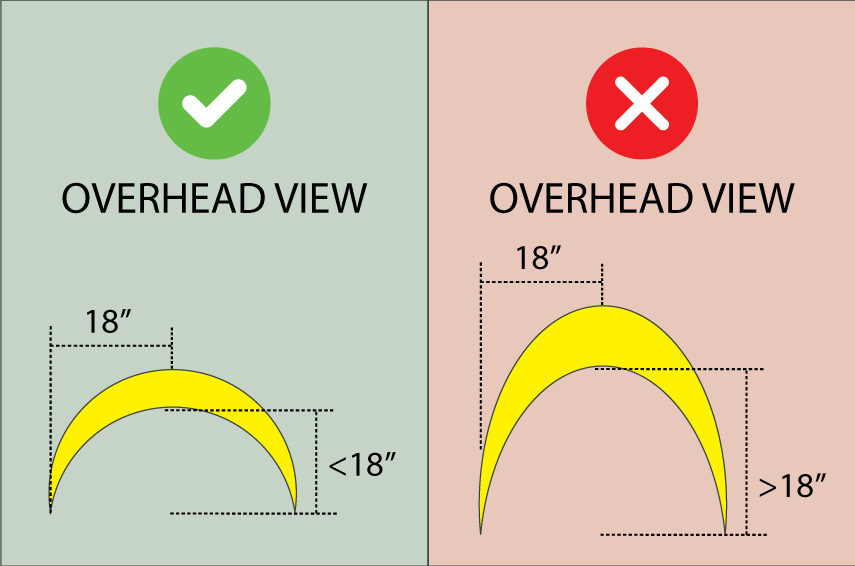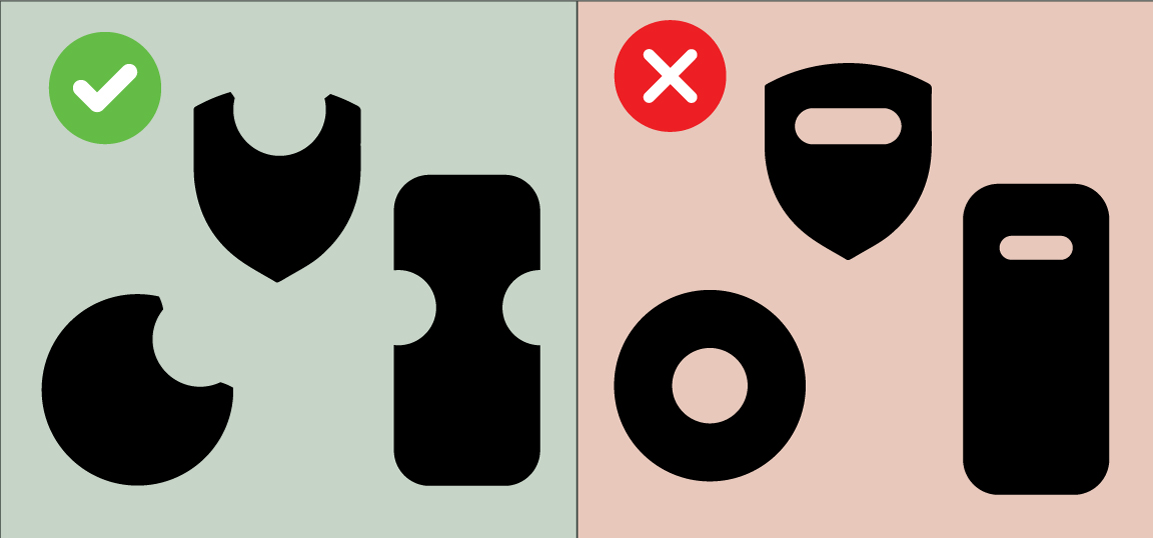V9: Shields
- The Amtwiki is the official home and primary source for Amtgard V9 Rules as of February 25, 2023.
- These rules are currently in Open Alpha Playtest. See the Playtest Disclaimer for more details.
- To learn more about Amtgard V9 Development, please visit Amtgard.com.
- To view the current Amtgard V8 ruleset, please see the Amtgard V8 Rulebook.
Contents
Shields
General Rules
- Shields are used to block strikes from weapons.
- They can only be affected by strikes and effects that specifically affect shields, such as Shield Crushing and Shield Destroying.
- Players may only ever wield a single shield at a time, however they can wield a shield simultaneously in the same hand as any another piece of equipment except for a Bow or Crossbow.
- Shields with straps are only wielded when worn on a single arm or held in hand. They cannot be wielded while worn like a backpack or strapped to other parts of the body such as the torso, legs, hip, or head.
- If a player cannot easily remove or discard their shield when necessary, such as due to it being strapped to their arm, then they must do their best to keep it out of combat and must not derive an gameplay advantage from it. A shield strapped to a wounded arm counts as an Invalid Obstruction.
V8 Transition Note:The V8 ‘Shield Drop Trick’ does not exist in V9. A shield in mid-air is an invalid obstruction and cannot be used to block attacks.
Construction Rules
- Shields must meet the Universal Equipment Requirements.
- A shield’s size is determined by the surface area of its largest silhouette, measured on a flat plane. It's height and width, when necessary, are based on the same silhouette.
- May be constructed in any style or shape but cannot be made in such a way as to mimic the function of physical armor (such as shields that excessively wrap around a limb or shields that are precisely shaped to a body part).
- Must have a sturdy structural core that will not break or bend significantly during the course of combat.
- Some acceptable materials are: plywood, high-impact plastics, aluminum, and sturdy, high-density, closed-cell foam.
- Easily breakable or low-density foams are inappropriate for use as the structural core.
- The rim and face of the shield must be padded with at least 1" of safety-grade foam.
- Padding should wrap around the rigid edges of the core.
- Shields made entirely of foam do not require additional padding but must be composed of closed-cell foam that is at least 1" thick.
- No part of a shield may protrude more than 1.5" through a two-inch (2") ring when uncompressed.
- All rigid or sharp-edged hardware must be rounded off or padded in such a way that there are no burs or snags which could damage objects or players.
- Hard edges may not be exposed on any surface which can reasonably come into contact with another player or their equipment.
- Curved/Domed shields (and similarly recessed shapes) may not curve or recess inwards more than half its width, measured on a flat plane.
- The rim and face must have an opaque, durable covering. This may be a non-abrasive rubber coating (or non-vinyl equivalent) so long as it does not compromise the purpose of the padding, such as by making it too firm.
- The face of the shield may not have holes that exist entirely within a silhouette of the shield.
- If the shield has a handle, it must be clearly identifiable as a handle.
- If the shield has straps, they must be sturdy, secure and not at risk of coming loose during combat.
Shields sizes are determined by surface area. Due to the sometimes tedious area math required for certain shield shapes, like a heater or kite shield, these measurements may be difficult to reconfirm during equipment inspection in a timely manner. You can help your equipment inspectors by keeping proof of your math handy in a notebook or cue card in case they need it. Most inspectors will trust you at your word but it is not unfair for them to want to check your math every now and then. Help them help you!.
Bucklers
- Must meet the Universal Equipment Requirements.
- Shield Size must be at least 1/4 square foot (6.8 inch diameter), and no larger than one square foot (13.5 inch diameter).
- Must have either a handle, an arm strap, or both.
- Does not take up a Free Hand when casting abilities.
Strap-Only Variant
Bucklers may be constructed without a handle. If worn on the arm, they can be wielded without holding a handle.
Small Shields
- Must meet the Universal Equipment Requirements.
- Shield Size is no larger than three square feet (23.45 inch diameter).
- Must have either a handle, an arm strap, or both.
- Does not take up a Free Hand when casting abilities.
Strap-Only Variant
Small Shields may be constructed without a handle. If worn on the arm, they can be wielded without holding a handle.
Medium Shields
- Must meet the Universal Equipment Requirements.
- Shield Size is no larger than five square feet (30.28 inch diameter).
- Must have a handle.
Strap Variant
Medium Shields may be constructed with straps. If worn on the arm, they must still be held by their handle to be wielded.
Large Shields
- Must meet the Universal Equipment Requirements.
- Shield Size is no larger than eight square feet (38.3 inch diameter).
- Must have a handle.
Strap Variant
Large Shields may be constructed with straps. If worn on the arm, they must still be held by their handle to be wielded.
Tower Shields
- This is an 🌶️ Experimental size category.
- Must meet the Universal Equipment Requirements.
- Shield Size is no larger than fifteen square feet (52.44 inch diameter).
- Must have a handle.
Strap Variant
Tower Shields may be constructed with straps. If worn on the arm, they must still be held by their handle to be wielded.
Shields Bucklers · Small Shields · Medium Shields · Large Shields · Tower Shields
General Rules · Construction Rules
Equipment Equipment Basics · Equipment Use Terms · Weapons · Shields · Armor · Color Code · Visual Indicators




